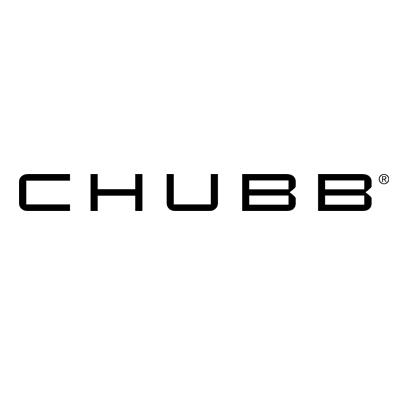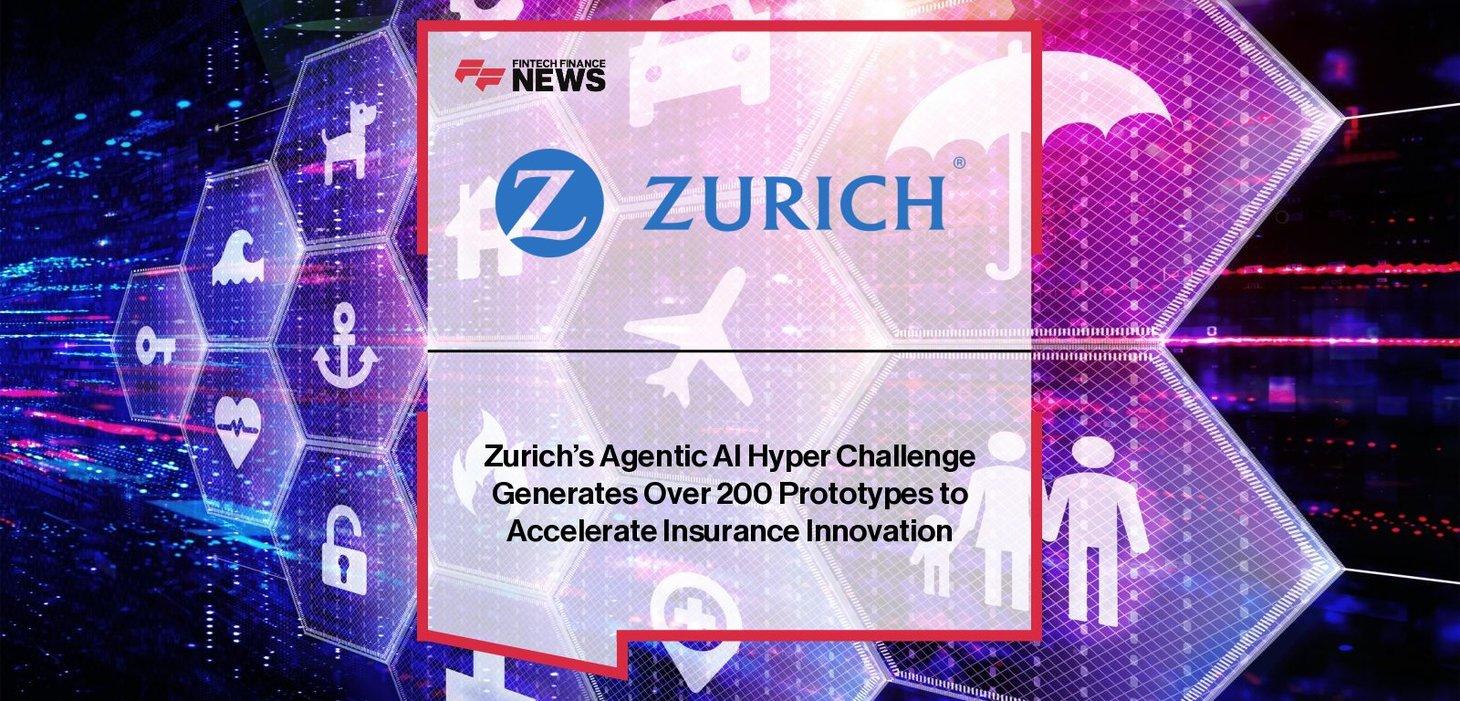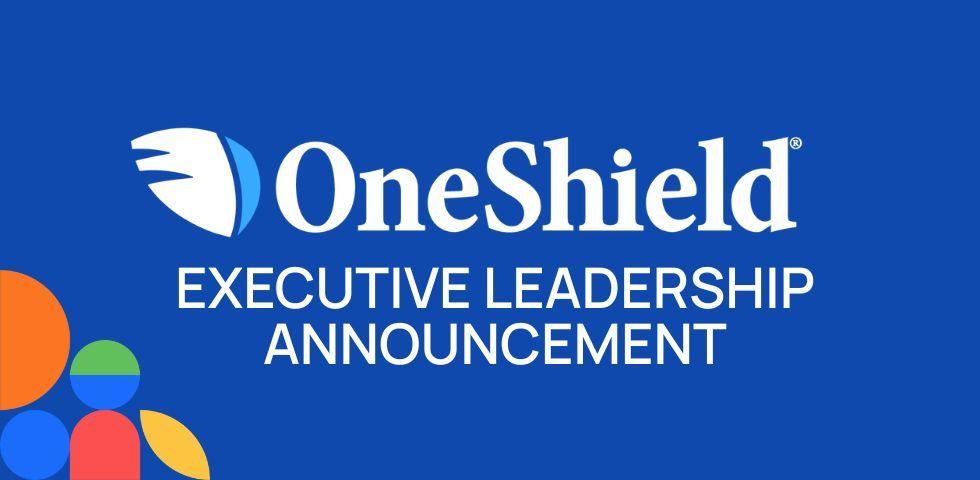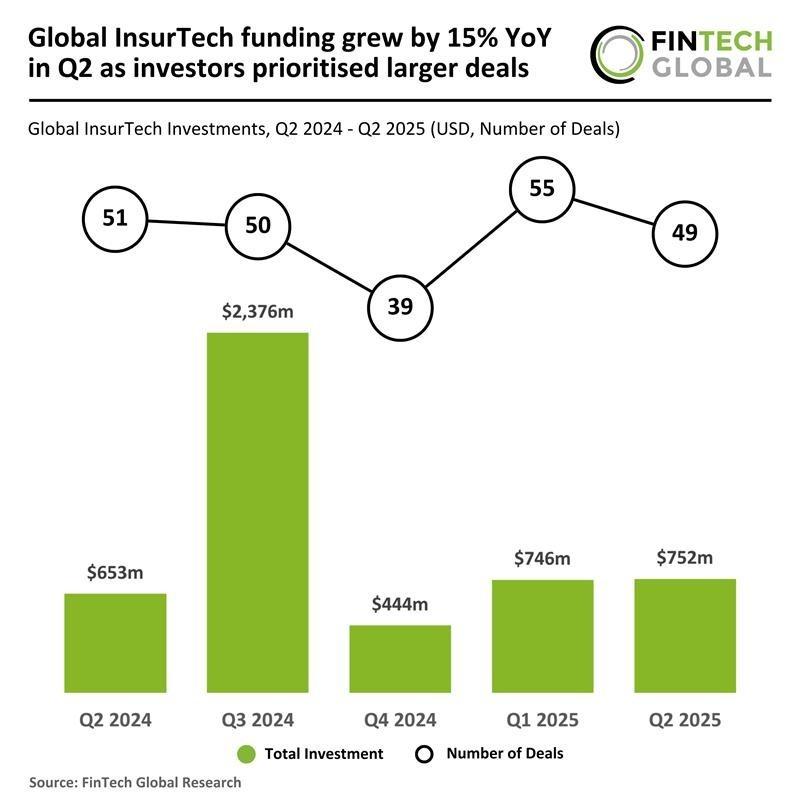News

Court Greenlights Consumer Watchdog Lawsuit Challenging Insurance Commissioner's Unjustified Pass-Through Surcharges Under FAIR Plan
A Los Angeles Superior Court judge today finalized a ruling that allows Consumer Watchdog's lawsuit to proceed against Insurance Commissioner Lara and the Department of Insurance's controversial plan permitting insurance companies to impose wildfire-related surcharges on homeowners and businesses—even though those costs are supposed to be shared among insurers—not policyholders—under state law.
The court rejected the Department's attempt to throw out the core of the lawsuit, finding that Consumer Watchdog may proceed with its claim that the pass-through surcharges violate California's FAIR Plan statutes. The FAIR Plan is California's last-resort fire insurance program, and the law requires insurers to share costs equally—not shift them to consumers.
"This is a significant procedural victory that ensures the Commissioner's arrangement, which could shift hundreds of millions of dollars from homeowners to insurers will get the scrutiny it deserves," said William Pletcher, Consumer Watchdog's Director of Litigation. "California consumers should not be forced to subsidize insurance companies when the law makes clear the amounts must be paid by insurers, not policyholders."
Consumer Watchdog filed suit in April after the Department issued a pair of bulletins authorizing insurers to recover FAIR Plan assessments through "temporary supplemental fees" on policyholders—fees that were never authorized by the Legislature and were adopted without the transparency or public input required by law.
The ruling allows Consumer Watchdog to move forward with the part of its lawsuit alleging that these pass-throughs conflict directly with the governing statutes, which require insurers—not policyholders—to cover FAIR Plan costs collectively and proportionally.
"This ruling means the Commissioner's legally unsupported surcharge plan will now be tested in court," said Ryan Mellino, who argued the case for Consumer Watchdog. "The law doesn't allow insurers to profit from the FAIR Plan while pushing their losses onto the people they're supposed to insure. This fight is just beginning—and we intend to prove in court that the Commissioner's plan isn't just unlawful, it's a betrayal of the very consumers he's supposed to protect."
GoAuto Insurance Begins Operations in Georgia - CollisionWeek
GoAuto Insurance received approval from the Georgia Office of Insurance and Safety Fire Commissioner and began issuing auto insurance policies in the state July 14.
The Baton Rouge-based direct-to-consumer insurer now operates in five states: Louisiana, Nevada, Ohio, Texas, Alabama and Georgia.
“Becoming licensed in Georgia and going live with policy issuance is a significant milestone for GoAuto Insurance,” said Brad Scharf, chief operating officer. “We’re committed to making dependable, cost-effective insurance accessible.”
The company sells policies online and through mobile platforms without using agents.
Financial Results

Chubb Reports Second Quarter Consolidated Net Premiums Written of $14.2 Billion
Net income was $2.97 billion, up 33.1%, and core operating income was a record $2.48 billion, up 12.9%.
- P&C net premiums written were $12.39 billion, up 5.2%, or 5.8% in constant dollars.
- Global P&C net premiums written, which exclude Agriculture, were up 5.8%, or 6.4% in constant dollars.
- North America was up 5.3%, including growth of 9.1% in personal insurance and 4.1% in commercial insurance.
- Middle market and small commercial were up 8.5%, with P&C lines up 10.2% and financial lines up
P&C underwriting income was a record $1.63 billion, up 15.0%, with a combined ratio of 85.6%. P&C current accident year underwriting income excluding catastrophe losses was a record $2.01 billion, up 11.4% over prior year, with a combined ratio of 82.3%.
AI in Insurance

Zurich Agentic AI Challenge Unites 1,000 Innovators
Zurich Agentic AI challenge engaged 1,000+ participants to create insurance AI solutions, advancing digital innovation
Zurich Agentic AI initiative has reached a major milestone with the completion of its first Hyper Challenge phase. As part of the Zurich Innovation Championship, more than 1,000 participants created more than 200 prototypes that addressed important use cases in financial reporting, claims, and underwriting by utilising agentic AI.
Over 1,000 participants across 40+ countries developed more than 200 working prototypes in just 4 weeks, addressing real-world use cases across four challenges: underwriting, marketing and sales, claims, and actuarial analysis in financial reporting. Potential use cases cover a wide functional spectrum – including AI agents that automate research, analysis and risk triage for small commercial specialty lines; support claims liability decisions for motor and liability lines of business; and intelligent systems that generate financial reports, manage SEO, and optimize marketing campaign performance.
The Hyper Challenge is part of Zurich’s global startup program, the Zurich Innovation Championship, and reflects the Group’s unique approach to open innovation – bringing together internal teams, external engineers, startups, and established technology companies in a hackathon style format to validate how Agentic AI can enhance decision-making and improve customer experience, while driving efficiencies – with human touch remaining critical throughout.
“We’ve seen incredible engagement – from our global business units to our external partners,” said Antony Elliott, Head of Digital R&D. “This initiative is a powerful example of how we can quickly get hands on with emerging technologies to strengthen our capabilities and better serve our customers.” “These results are a strong foundation,” added Joel Agard, Group Head of Innovation. “They demonstrate the potential of Agentic AI to reshape insurance processes through practical co-creation – while keeping the positive impact for our customers and our business at the center throughout.”

WHAT 'THE GODFATHER' TAUGHT ME ABOUT AI GOVERNANCE IN INSURANCE | LinkedIn
The insurance industry is at a crossroads with AI. We want the power and efficiency it brings, but without proper governance, we risk creating digital systems we can’t control. Moreover, with over 24 states adopting NAIC’s AI Model Bulletin and emerging state and federal frameworks, insurers are seeing clear signals: responsible AI isn’t optional—it’s becoming a regulatory expectation.
🗡️ A CODE YOU LIVE (AND DIE) BY
In the Corleone family, everyone understood the rules. Break them, and you’d find yourself having a very bad day. Similarly, insurance companies need clear, non‑negotiable principles for AI deployment.
From my work with carriers, the most successful AI implementations start with governance frameworks that address:
🔒 Data usage boundaries (what customer data is off‑limits) ✅ Decision‑making authority (who can approve algorithmic changes) 🔎 Transparency requirements (when and how AI decisions must be explainable)
These aren’t just compliance checkboxes. They’re your organization’s code of honor around AI—principles that guide every implementation decision.
{LINK}(https://www.linkedin.com/pulse/what-godfather-taught-me-ai-governance-insurance-kaenan-hertz-4mgae/)
Kaenan Hertz 💡 Founder & Insurtech Leader | Guiding C‑Suites to Harness AI and innovation for Growth, Efficiency & Competitive Advantage
Climate/Resilience/Sustainability

Climate change could double seismic risk in saturated soil zones – Aon | Reinsurance Business
New research shows that rising rainfall and soft soils may intensify earthquake losses
Climate change could amplify the impact of earthquakes in regions with specific soil compositions and projected increases in rainfall, according to new research from Aon’s Reinsurance Solutions unit.
The firm’s preliminary analysis indicates that seismic hazard may double in areas characterized by stiff or soft soils, which are susceptible to reduced strength under increased saturation levels. These conditions are projected to affect more than 30% of the global landmass by 2100, with a particular emphasis on countries in the Asia-Pacific region.
Aon’s modeling group, Impact Forecasting, has introduced a new loss assessment framework to support further research into the interactions between climate-related variables and seismic activity. The company said this initiative is part of a broader effort to reduce the global earthquake protection gap, which currently stands at more than 70% – the highest among natural catastrophes.
Allianz | Rethinking repair: good for business, customers and the planet
Allianz is committed to making the claims process more sustainable. By repairing rather than replacing, Allianz is strengthening its resilience, reducing waste, and cutting costs and emissions. It’s a smart shift that benefits customers, supports skilled jobs, and makes sustainability part of everyday claims handling.
Not all climate solutions require charging stations or solar panels. Sometimes, they involve fixing a dented door and giving it a new paint job. Allianz is rethinking auto insurance from the perspective of a sustainable, circular economy to offer smarter, greener solutions that benefit our customers and the planet.
Whether we're repairing a dented bumper or using certified used parts instead of new ones—reusing existing parts saves CO₂, avoids unnecessary waste, and makes insurance more resilient and affordable for customers.
Manufacturer matching guarantee for ‘green’ parts
In the UK Allianz offers the use of ‘green parts’ – certified body panels, mirrors, bumpers and other parts salvaged from vehicles – in its fleet repair policies. These state that green parts will be automatically fitted for non-safety-critical repairs when available. These parts are sourced from the same manufacturer, come with the original guarantee and are of the same age or newer than the parts they replace. Allianz ensures that these parts meet certified conformity standards.
People

Munich Re names Christoph Jurecka as next board chair | Reinsurance Business
Predecessor set to retire after leading the Ambition 2025 strategy
Munich Re has confirmed a series of changes to its board of management, including the planned departure of current chair Dr. Joachim Wenning and the appointment of his successor.
Wenning, 60, will step down from his role at the end of 2025. He informed the supervisory board that he does not intend to seek an extension of his mandate, citing personal reasons. His retirement will coincide with the completion of Munich Re’s Ambition 2025 strategy program.
The supervisory board has named Dr. Christoph Jurecka (pictured above) as the incoming chair of the board of management, effective Jan. 1, 2026.

OneShield Announces Executive Leadership Changes to Accelerate Growth and Drive Innovation
OneShield, a leading provider of core systems software and digital solutions for the insurance industry, today announced a strategic evolution of its leadership team to support the company’s next phase of growth and innovation.
Cameron Parker, OneShield’s CEO since 2020, will now serve as Operating Chairman. In this role, he will lead strategic growth initiatives, including mergers and acquisitions, to further strengthen OneShield’s market position.
Tony Villa, previously President of the company’s OneShield Enterprise (OSE) business unit, is taking the helm as the company’s Chief Executive Officer. Villa first joined OneShield in January 2024. His broader career in P&C technology spans more than 20 years, most recently at Volaris Group and earlier as CEO of Insuresoft for 15+ years.
Telematics, Driving & Insurance
How dynamic pricing is reshaping InsurTech
Telematics can monitor speeding or harsh braking, while connected home devices detect things like fire hazards or water leaks.
AI analyses these inputs and recalculates risk accordingly. This leads to policy prices that shift with behavior, rewarding low-risk customers and helping insurers stay competitive.
A great example is GEICO. In Q1 2024, it boosted its underwriting profits to $1.928bn from $703m the previous year. That jump wasn’t luck, it stemmed from enhanced data analytics and smart pricing models.
InsurTech firms like Symfa point to this as proof of how dynamic pricing is more than just a trend — it’s a transformative tool.
For customers, this model creates a fairer system. Safer drivers or proactive homeowners benefit with lower premiums. High-risk users may pay more, but the system is based on real-time evidence, not generalised risk pools.
However, Symfa also stresses that dynamic pricing comes with challenges. Insurers must collect clean, consistent data, invest in the right infrastructure, and tackle bias in AI models. The quality of input directly affects the accuracy of output — and without the right foundations, the whole system suffers.
Today

Global InsurTech funding grew by 15% YoY in Q2 as investors prioritised larger deals
Key Global InsurTech investment stats in Q2 2025:
- Global InsurTech funding grew by 15% YoY in Q2
- Average deal value increased to $15.3m as investors prioritised larger deals
- Marshmallow, a UK-based InsurTech focused on delivering fairer car and van insurance to people who have relocated to the UK, secured one of the largest global InsurTech deals of the quarter with a $90m funding round
In Q2 2025, the global InsurTech sector recorded a slight increase in funding compared to the same quarter last year, despite a dip in deal activity.
Total funding reached $752m in Q2 2025, up by 15% from the $653m raised in Q2 2024.
However, the number of deals fell from 51 to 49, representing a 4% YoY decrease.
This divergence indicates that while fewer deals are being made, larger capital commitments are being allocated to individual companies—possibly a sign of greater investor confidence in more established InsurTech players.
When compared to the previous quarter, funding remained relatively flat, inching up by just 1% from the $746m raised in Q1 2025.
In contrast, deal activity declined from 55 to 49 deals, a 11% drop QoQ.
This suggests that the market is moving towards a more concentrated investment approach, favouring select opportunities rather than broad-based deal-making.
Average deal value increased to $15.3m as investors prioritised larger deals
The average deal size in Q2 2025 stood at $15.3m, up from $13.6m in Q1 2025 and significantly higher than the $12.8m average recorded in Q2 2024.
This consistent rise in average deal value over the past year points to a growing focus on scaling proven business models rather than funding early-stage ventures.
As capital becomes more selective, investors appear to be prioritising InsurTech firms with clearer paths to profitability and stronger traction in their respective markets.
Marshmallow, a UK-based InsurTech focused on delivering fairer car and van insurance to people who have relocated to the UK, secured one of the largest global InsurTech deals of the quarter with a $90m funding round
The round was led by Portage, BlackRock, and Columbia Lake Partners.
The raise, comprising both equity and debt, follows a period of strong growth in which Marshmallow doubled its valuation to over $2bn and surpassed 1 million drivers insured, reaching a turnover run rate of more than $500m.
The company leverages proprietary technology and customer data to offer more accurate pricing for underserved demographics and plans to use the new capital to expand its product suite and accelerate international growth.
With ambitions to become a one-stop financial services provider for newcomers, Marshmallow is set to broaden its offering to address a wider range of unmet financial needs across global markets.
Daily FinTech News & Research, FinTech Global
Awards
Roadzen Named Leading Insurtech Company on CNBC's World's Top Fintech Companies List
Roadzen, a global leader in AI at the intersection of insurance and mobility, has been recognized as the leading company in the Insurtech category of CNBC's 2025 list of the World's Top Fintech Companies. Roadzen's platform combines proprietary telematics, computer vision, and generative AI to deliver embedded insurance solutions and automation at scale. The company supports over 112 enterprise clients and 3,800 SMBs across the U.S., India, and the U.K. Roadzen's recognition underscores its pioneering role in transforming insurance through artificial intelligence and advanced data science.
Title: Roadzen Expands UK Footprint Through Strategic Partnership
Roadzen Inc. (Nasdaq: RDZN), a global leader in AI at the intersection of insurance and mobility, has announced a significant expansion of its UK operations through a strategic partnership with one of the UK's largest independent used vehicle retailers. The collaboration, facilitated by Roadzen's wholly-owned UK subsidiary, Global Insurance Management Limited (GIM), aims to offer GAP Insurance to over 60,000 annual vehicle buyers as part of their vehicle purchase process.
The partnership leverages Roadzen's Global Distribution Network (GDN) platform to provide a fully integrated Return to Invoice (RTI) GAP insurance solution. This solution enables real-time pricing, policy issuance, payment collection, and claims processing through a seamless digital interface embedded directly into the retailer's point-of-sale systems. GIM will handle customer engagement, activation, and policy servicing, while the retailer benefits from an enhanced sales process and increased customer confidence.
